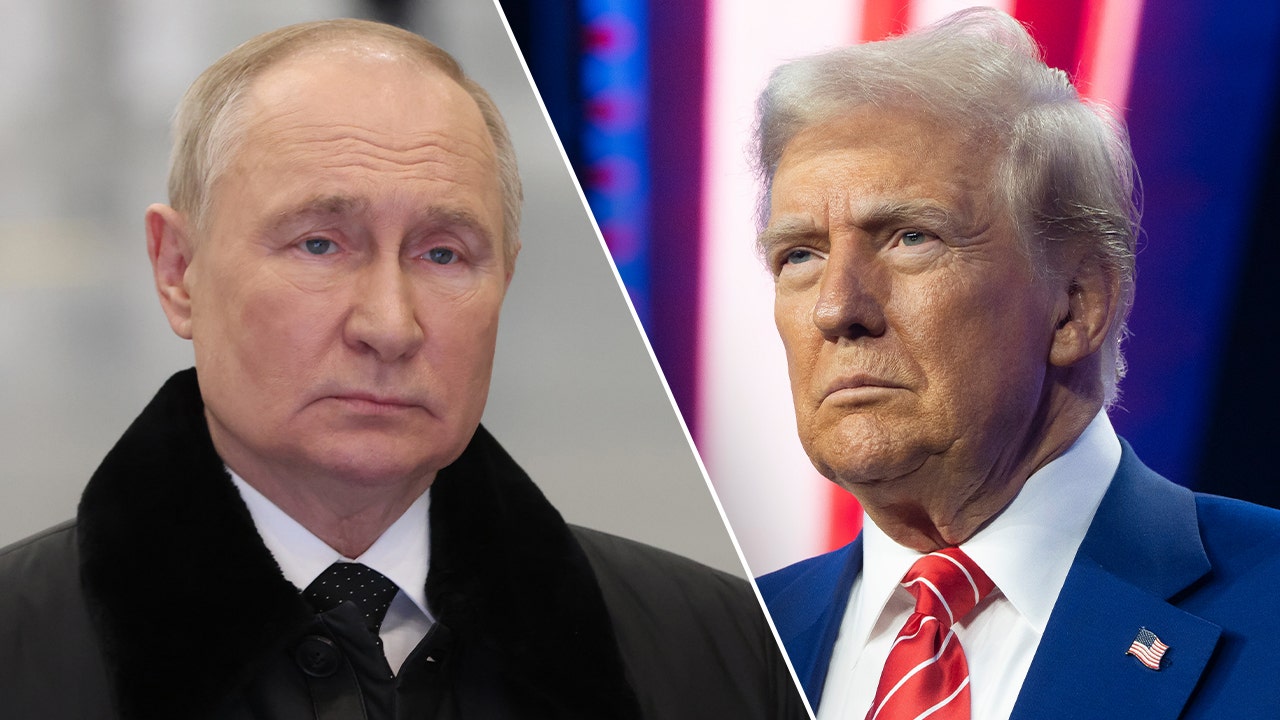Jeremy Hunt is announcing his financial update – here are the main points, with political analysis
Politics live: latest news and reaction on UK budget
Jeremy Hunt says the UK economy has dealt with the financial crisis, the pandemic and energy crisis caused by war in Europe. He acknowledges that interest rates “remain high as we bring down inflation”, but adds: “We can now help families not just with cost of living support but with permanent cuts in taxation.” He calls it a “budget for long term growth”.
Inflation is expected to fall below the government’s 2% target in “just a few months’ time”, Hunt says, down from 4% in January. “Nearly a whole year earlier than forecast in the autumn statement,” he adds.
The Bank of England’s long-term target is to keep inflation at a “low and stable” 2%.
The figure is down sharply from the 11.1% when Hunt and Rishi Sunak took office in 2022, as inflation in food and energy prices have eased.
Alcohol duty was due to rise by 3% from August but Hunt said it will be frozen until February 2025, benefiting 38,000 pubs across the UK. The government is “backing the great British pub”, Hunt says.
Hunt said he would freeze fuel duty at its current level for another year, as expected. The levy should rise in line with inflation but this has not happened since 2011.
A 5p cut to fuel duty, which was introduced in 2022 and is due to run out this month, has been extended.
Hunt announces a new “British Isa”, giving investors a £5,000 extra tax-free allowance to “encourage more people to invest in UK assets”.
Hunt says rates paid to nurseries to fund free childcare hours for parents of children aged more than nine months will continue for the next two years. The payments have become worth less to nurseries in recent years as inflation has risen sharply, cutting into childcare providers’ budgets. Hunt says the move will allow an extra 60,000 parents enter the workforce in the next four years.
Hunt says underlying debt, which excludes Bank of England debt, will be 91.7% in 2024-25 according to the OBR, then 92.8%, 93.2%, 93.2% before falling to 92.9% in 2028-29. “We continue to have the second lowest level of government debt in the G7, lower than Japan, France or the US,” he adds.
Hunt says borrowing falls from 4.2% of GDP in 2023-24, to 3.1%, 2.7%, 2.3%, 1.6% and 1.2% in 2028-29. “By the end of the forecast, borrowing is at its lowest level of GDP since 2001,” he adds.
Hunt says he plans to allow full expensing to apply to leased assets. Full expensing allows businesses to offset investment in items such as new factory machinery and IT equipment against tax.
He adds that the VAT registration threshold will be increased from £85,000 to £90,000 from the start of April, saying it would help “tens of thousands of businesses”.
Hunt confirms the government will spend £160m on two nuclear sites. The first, on the island of Anglesey or Ynys Môn, is the Wylfa facility in north Wales. It is owned by Japan’s Hitachi. The government hopes to find a partner to develop a nuclear power station there. The Oldbury site in South Gloucestershire is also part of the agreement.
Hunt allocates £120m for green industries to develop technologies including offshore windfarms and carbon capture and storage projects.
He confirms that the government will sell a chunk of shares in NatWest bank in the summer, in a move expected to raise £3bn to £4bn. The bank, then called Royal Bank of Scotland, was bailed out during the financial crisis to the tune of £45.5bn to help save the UK’s financial system from collapse. The state’s remaining one-third share in the bank is now worth about £6.9bn. “I want to create opportunities for a new generation of retail investors to engage with public markets,” Hunt says.
Hunt says the economy is expected to grow 0.8% this year and 1.9% next year, 0.5% higher than the OBR’s autumn forecast. He adds: “After that growth rises to 2%, 1.8%, and 1.7% in 2028.”
In November, the OBR had forecast the economy would grow by 0.7% in 2024, before growing by 1.4% in 2025, 2% in 2026, 2% in 2027 and 1.7% in 2028.
Continue reading… The Guardian Read More Jeremy Hunt is announcing his financial update – here are the main points, with political analysisPolitics live: latest news and reaction on UK budgetJeremy Hunt says the UK economy has dealt with the financial crisis, the pandemic and energy crisis caused by war in Europe. He acknowledges that interest rates “remain high as we bring down inflation”, but adds: “We can now help families not just with cost of living support but with permanent cuts in taxation.” He calls it a “budget for long term growth”.Inflation is expected to fall below the government’s 2% target in “just a few months’ time”, Hunt says, down from 4% in January. “Nearly a whole year earlier than forecast in the autumn statement,” he adds.The Bank of England’s long-term target is to keep inflation at a “low and stable” 2%.The figure is down sharply from the 11.1% when Hunt and Rishi Sunak took office in 2022, as inflation in food and energy prices have eased.Alcohol duty was due to rise by 3% from August but Hunt said it will be frozen until February 2025, benefiting 38,000 pubs across the UK. The government is “backing the great British pub”, Hunt says.Hunt said he would freeze fuel duty at its current level for another year, as expected. The levy should rise in line with inflation but this has not happened since 2011.A 5p cut to fuel duty, which was introduced in 2022 and is due to run out this month, has been extended.Hunt announces a new “British Isa”, giving investors a £5,000 extra tax-free allowance to “encourage more people to invest in UK assets”.Hunt says rates paid to nurseries to fund free childcare hours for parents of children aged more than nine months will continue for the next two years. The payments have become worth less to nurseries in recent years as inflation has risen sharply, cutting into childcare providers’ budgets. Hunt says the move will allow an extra 60,000 parents enter the workforce in the next four years.Hunt says underlying debt, which excludes Bank of England debt, will be 91.7% in 2024-25 according to the OBR, then 92.8%, 93.2%, 93.2% before falling to 92.9% in 2028-29. “We continue to have the second lowest level of government debt in the G7, lower than Japan, France or the US,” he adds.Hunt says borrowing falls from 4.2% of GDP in 2023-24, to 3.1%, 2.7%, 2.3%, 1.6% and 1.2% in 2028-29. “By the end of the forecast, borrowing is at its lowest level of GDP since 2001,” he adds.Hunt says he plans to allow full expensing to apply to leased assets. Full expensing allows businesses to offset investment in items such as new factory machinery and IT equipment against tax.He adds that the VAT registration threshold will be increased from £85,000 to £90,000 from the start of April, saying it would help “tens of thousands of businesses”.Hunt confirms the government will spend £160m on two nuclear sites. The first, on the island of Anglesey or Ynys Môn, is the Wylfa facility in north Wales. It is owned by Japan’s Hitachi. The government hopes to find a partner to develop a nuclear power station there. The Oldbury site in South Gloucestershire is also part of the agreement.Hunt allocates £120m for green industries to develop technologies including offshore windfarms and carbon capture and storage projects.He confirms that the government will sell a chunk of shares in NatWest bank in the summer, in a move expected to raise £3bn to £4bn. The bank, then called Royal Bank of Scotland, was bailed out during the financial crisis to the tune of £45.5bn to help save the UK’s financial system from collapse. The state’s remaining one-third share in the bank is now worth about £6.9bn. “I want to create opportunities for a new generation of retail investors to engage with public markets,” Hunt says.Hunt says the economy is expected to grow 0.8% this year and 1.9% next year, 0.5% higher than the OBR’s autumn forecast. He adds: “After that growth rises to 2%, 1.8%, and 1.7% in 2028.”In November, the OBR had forecast the economy would grow by 0.7% in 2024, before growing by 1.4% in 2025, 2% in 2026, 2% in 2027 and 1.7% in 2028. Continue reading…




